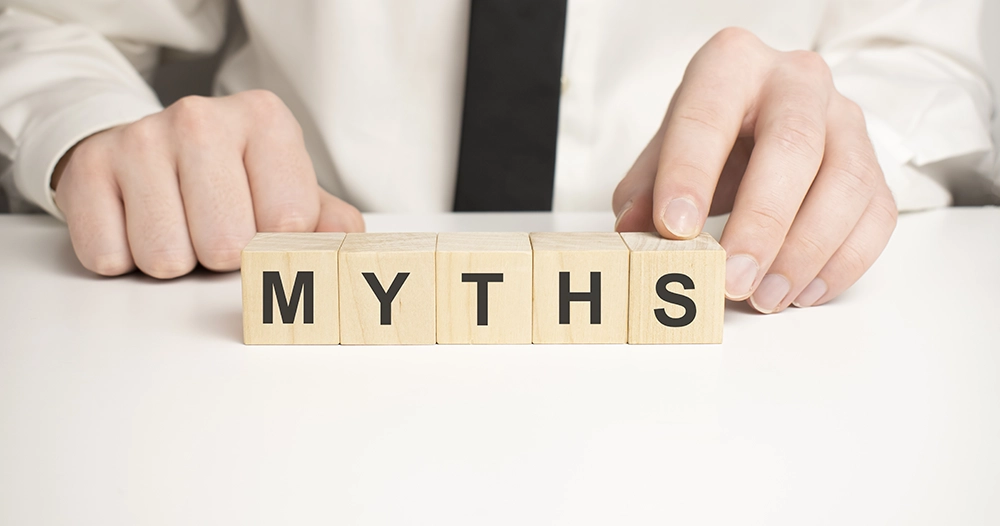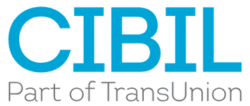Buying a house is probably the biggest financial transaction of your life. It’s beyond selecting the right property; it involves arranging funds for the purchase without having the least impact on your current and future financial commitments.
Most people depend on home loans to finance their homes. Home loan lenders approve home loans after assessing the applicant’s credit score and repayment capability. However, in some cases, lenders may reject a loan despite a good credit score because of other factors that can weaken the home loan application.
Here is a list of reasons why your home loan can get rejected despite having a good credit score.
Debt-to-Income Ratio
Home loan providers check your debt-to-income ratio to make sure you are in a position to repay the new loan. You can calculate your debt-to-income ratio by dividing your total monthly debt obligations (credit card payments, EMIs, etc.) by your net monthly income.
A higher debt-to-income ratio means you have too many financial obligations, which can be more difficult to meet if you take on a new loan. A low debt-to-income ratio indicates that you maintain a good balance between debt and income, and hence your chances of new loan approval are high.
Guarantor for a Defaulter
If you are a guarantor for a borrower who is your friend or family, you could face loan rejection if the borrower defaults on their loan. As a guarantor, you take responsibility to repay the loan if the primary borrower fails to make the payments. So if the primary borrower is defaulting, you are held equally responsible, and hence you might face loan rejections.
Tax Records
If the income tax documents you submit during the loan application process aren’t satisfactory, the lender might check up your tax records. If your income tax record isn’t clear, your creditworthiness decreases, increasing your chances of loan rejection.
Low Income
When you request a loan, the lender assesses your income to determine if it allows you to make comfortable loan repayments. If your loan amount is beyond your repayment capacity, your home loan might get rejected.
Improper Documentation
It’s important that you submit proper documentation when applying for a home loan. If your paperwork is incomplete, if your signatures do not match, or if you’ve submitted false information, your home loan application may not be processed further.
Frequent Job Change
You might change your job for better prospects, but frequent job-hopping leaves a sense of uncertainty and instability about you in the mind of the lender, prompting them to reject your loan application.
Error in Credit Report
Your loan could get rejected for no fault of yours. An error in your credit report could be the reason. Therefore, it’s important that you monitor your credit score and go through your credit report periodically to ensure the good health of your credit profile.
3 Steps to Avoid Home Loan Rejection
Here are the three steps you can take to reduce your chances of a home loan rejection:
- Check documents: Be meticulous about your documentation. Your paperwork has to be in order and as per the lender’s requirement.
- Add a guarantor/co-applicant to your loan application: Apply for a home loan with a co-signor having a good credit score. This makes your loan application strong and increases your chances of loan approval.
- Approach NBFCs: It’s traditional to go to a bank for a home loan. But the bank’s stringent eligibility criteria increases your chances of loan rejection. NBFCs like MoneyTap have easy to meet eligibility criteria, making it easy for you to get a home loan.
Key Takeaway
The chances of you getting home loan approval are high if you have a good income and a good credit score. However, don’t assume a home loan approval is guaranteed; you could get rejected for any of the reasons mentioned above. So, scrutinizing your credit profile and checking your credit report thoroughly before applying for a home loan can reduce your chances of a home loan rejection.






